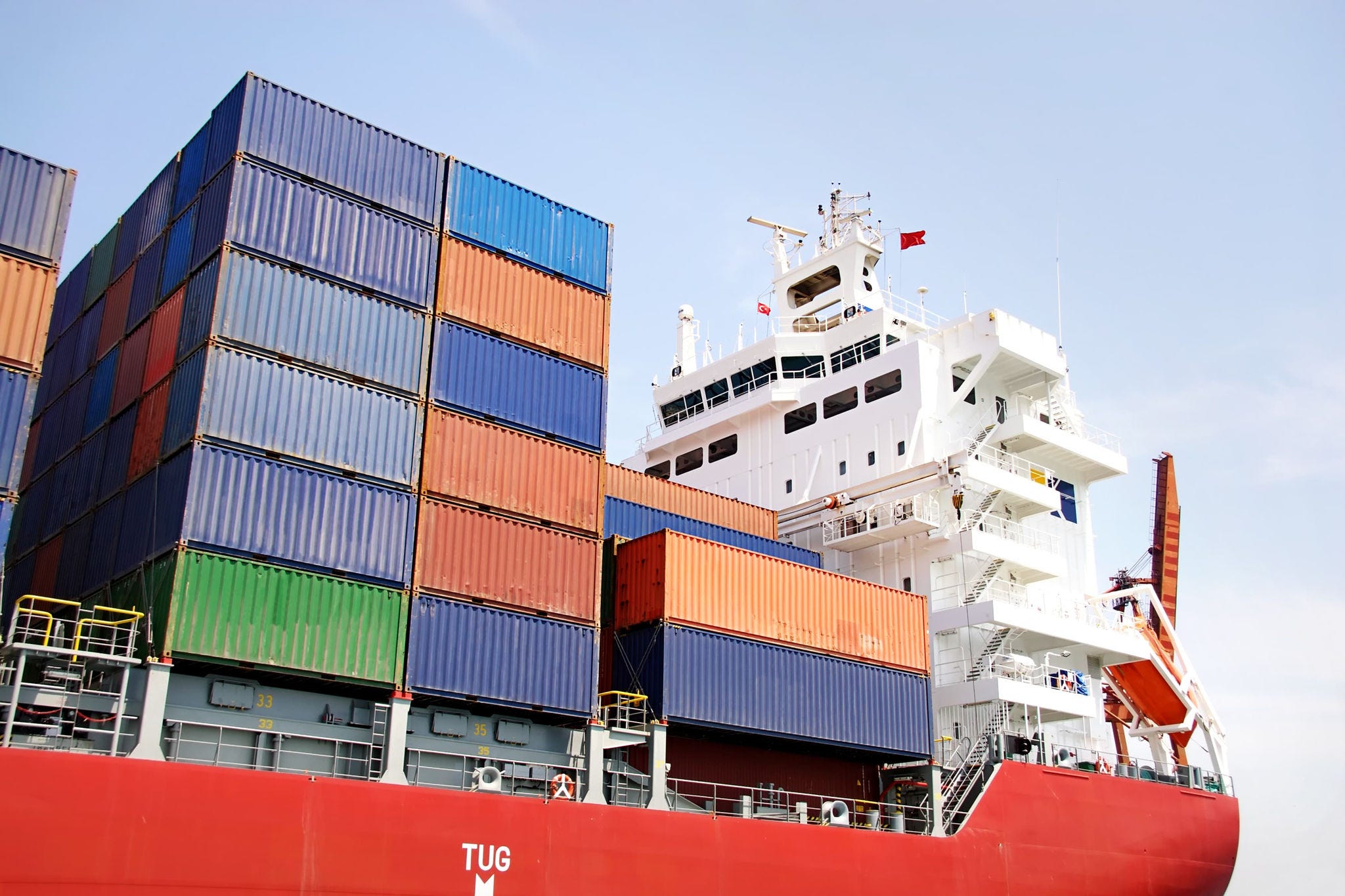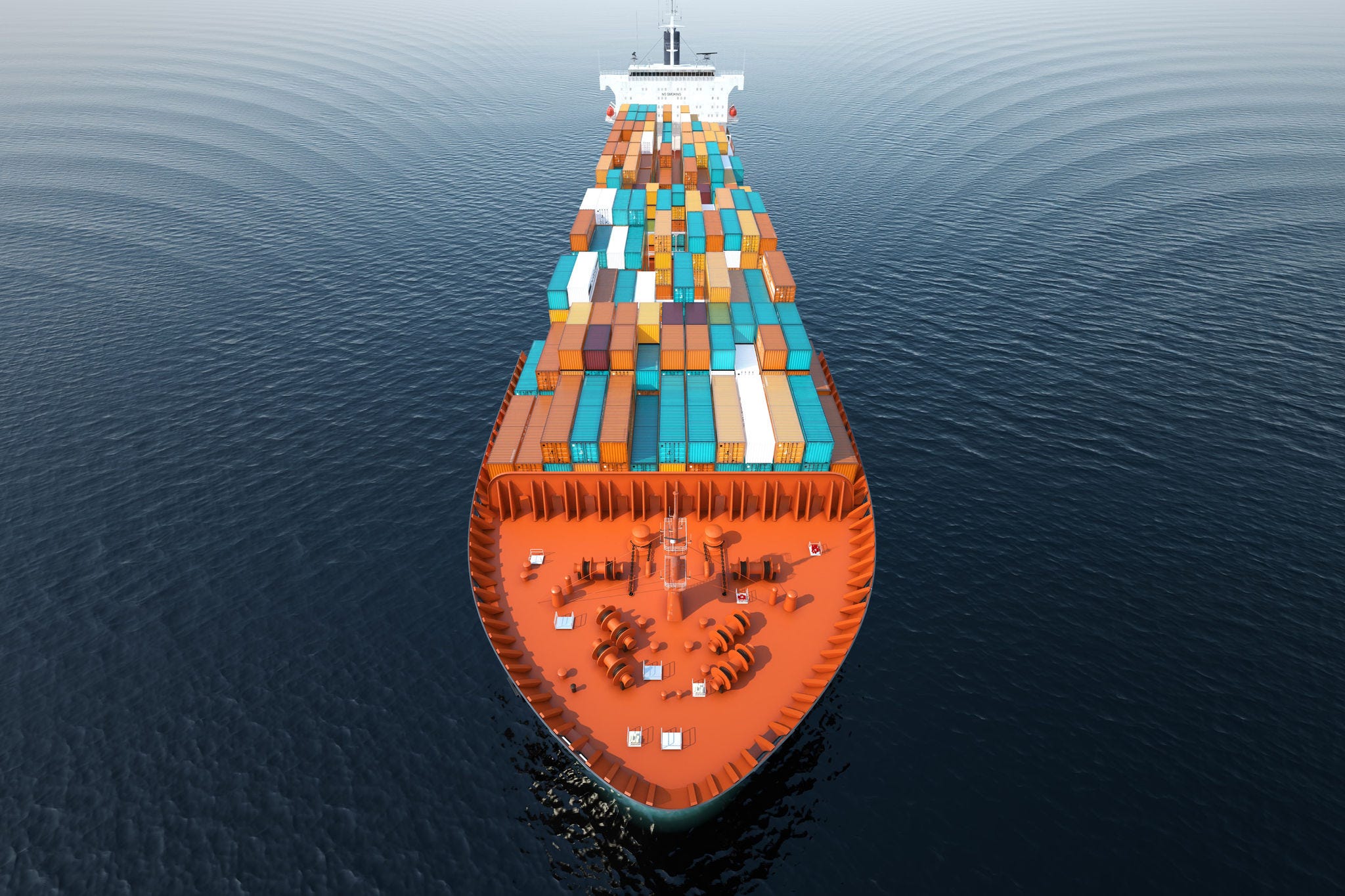Countries are increasingly relying on trade-related environmental policies, often with new requirements to measure, report and verify the environmental footprint of products at the border. As these policies might diverge across countries, concerns over their economic implications and global effectiveness loom in the face of increasing compliance and trade costs for businesses. By supporting economic growth, development and welfare, trade can increase governments’ capacity to manage environmental challenges more effectively. A sound trading system can also help countries weather climate-related and other environmental disruptions. The OECD provides a platform for policymakers to discuss how to maximise the benefits of trade policies while minimising their costs.
Trade and environmental sustainability
Both trade and environment policy makers recognise the importance of a rules-based multilateral trading system as part of the solution to the triple crisis of climate change, biodiversity loss and pollution. To support these international discussions, the OECD provides evidence-based analysis on how trade and environment policies can be mutually supportive.

Key messages
As countries’ environmental policies are becoming more ambitious, there is an increased demand for goods and services that reduce environmental risks and minimise pollution and resource use. International trade is essential to facilitate the diffusion of environmental technologies that are embedded in these goods, which can help address issues such as local air and water pollution or GHG emissions. Trade in environmental goods and services can also provide job opportunities for developing countries. The OECD is supporting multilateral efforts to better identify environmental goods and services and address the barriers to their trade.
Transforming the global economy from one dominated by fossil fuels to one led by renewable energy will require scaling up the production and international trade of several critical raw materials. The world will also need to undergo a transition to a more resource efficient and circular economy. These transformations have significant implications for trade throughout value chains. Trade can provide potential opportunities towards a global circular economy by channeling waste and secondary materials to destinations where there is comparative advantage in sorting and processing, thereby achieving economies of scale. With reserves of critical raw materials (such as cobalt or lithium) geographically concentrated and demand widespread, global trade will also play a crucial role in bringing these materials where they are needed. The OECD is supporting efforts to achieve alignment between trade and environmental policies to ensure the well-functioning of global value chains of critical raw materials and secondary materials that are exposed to different regulations and standards in different countries.
Context
While regional trade agreements are decreasing, environmental provisions per agreement are on the rise
The impact of trade liberalisation on a country’s welfare depends on whether appropriate environmental policies are in place within the country in question (e.g. correctly pricing exhaustible environmental resources). Countries have implemented a range of policies under the World Trade Organization (WTO) framework. Beyond multilateral efforts, environmental provisions have also increasingly been included in bilateral and regional trade agreements (RTAs) . While the number of RTAs that are signed is decreasing, the number of environmental provisions per agreement is on the rise. Among others, these environmental provisions have created room for likeminded countries to advance on environmental policy and have helped harmonise environmental regulations between developed and developing countries. Carving out exceptions for environmental objectives has been the most prominent type of provision. Nonetheless, environmental considerations can be further developed in RTAs, especially by mainstreaming environmental objectives throughout the various chapters of agreements. The OECD provides a platform for countries for peer learning on effective environmental provisions in RTAs, not least through workshops and round table discussions.
Related publications
-
 Policy paper11 December 2023
Policy paper11 December 2023 -
 30 January 2023
30 January 2023 -
 29 September 2022
29 September 2022
Related policy issues
-
To ensure sustainable development, countries must balance priorities among three pillars – the environment, society and the economy. The OECD examines the linkages between the environment and a range of economic, sectoral and social concerns – from technology and innovation, to trade, labour market impacts and gender equality.Learn more
-
Succinct, straightforward, and clear, jargon-free, messaging is required here: what are the (global) challenges and what is at stake (for OECD countries) with respect to this policy sub-issue? Keep in mind user perspective logic by signposting the multiple angles/sectors that can be brought to bear on the issue. 180-300 chars (3-6 lines) is ideal.Learn more
-
Policies are crucial to preserving and protecting the environment, but their economic and environmental implications are not always clear. The OECD has a long history using economic models and quantitative assessments to inform policymakers of the costs, benefits and potential tradeoffs of environmental policies.Learn more
-
Governments can provide an enabling environment for sustainable household and firm behaviour. The OECD provides unique insights into the drivers of environmental behaviours and the measures governments can put in place to overcome identified barriers to more sustainable choices.Learn more




